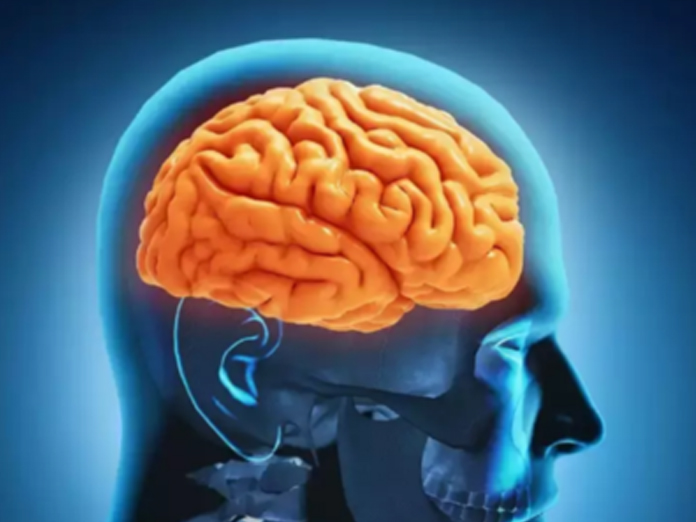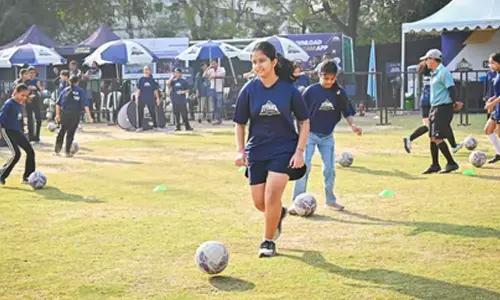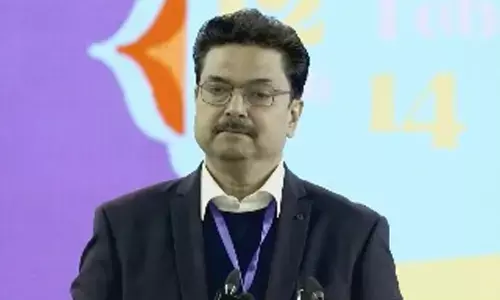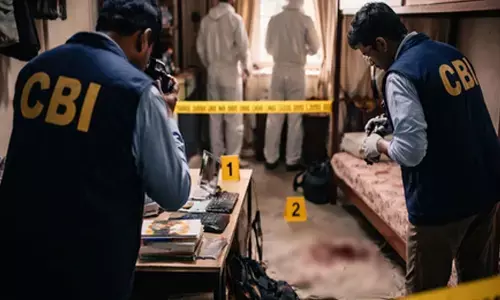Here's how human brain recalls events

Do you know how we recall a past event According to a new study, when retrieving information, the human brain reconstructs that experience in reverse order indicating that it focuses first on recovering the gist and recalls more specific details later
London, Jan 15: Do you know how we recall a past event? According to a new study, when retrieving information, the human brain reconstructs that experience in reverse order indicating that it focuses first on recovering the 'gist' and recalls more specific details later.
The study found that when we initially see a complex object, the visual details -- patterns and colours -- are perceived first. Whereas, abstract, meaningful information that tells us the nature of the object we are looking at comes later.
"We know that our memories are not exact replicas of the things we originally experienced. Memory is a reconstructive process, biased by personal knowledge and world views - sometimes we even remember events that never actually happened. But exactly how memories are reconstructed in the brain, step by step, is currently not well understood," said lead author, Juan Linde Domingo, doctoral student at the University of Birmingham in Britain.
The researchers reconstructed the memory retrieval process, using brain decoding techniques which make it possible to track when in time a unique memory is being reactivated in the brain.
During the study, participants saw images of specific objects and then learned to associate each image with a unique reminder word, for example the word 'spin' or 'pull'.
They were later presented with the reminder word and asked to reconstruct the associated image in as much detail as possible.
The findings, published in Nature Communications, showed that the participants retrieved higher-level, abstract information, shortly after they heard the reminder word.
"It suggests they will become more abstract and gist-like with each retrieval," added Domingo.
The team is currently also looking in more detail at how and where the brain reconstructs more complex memories.








